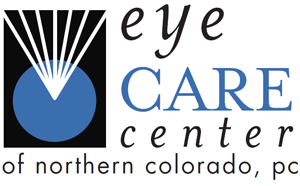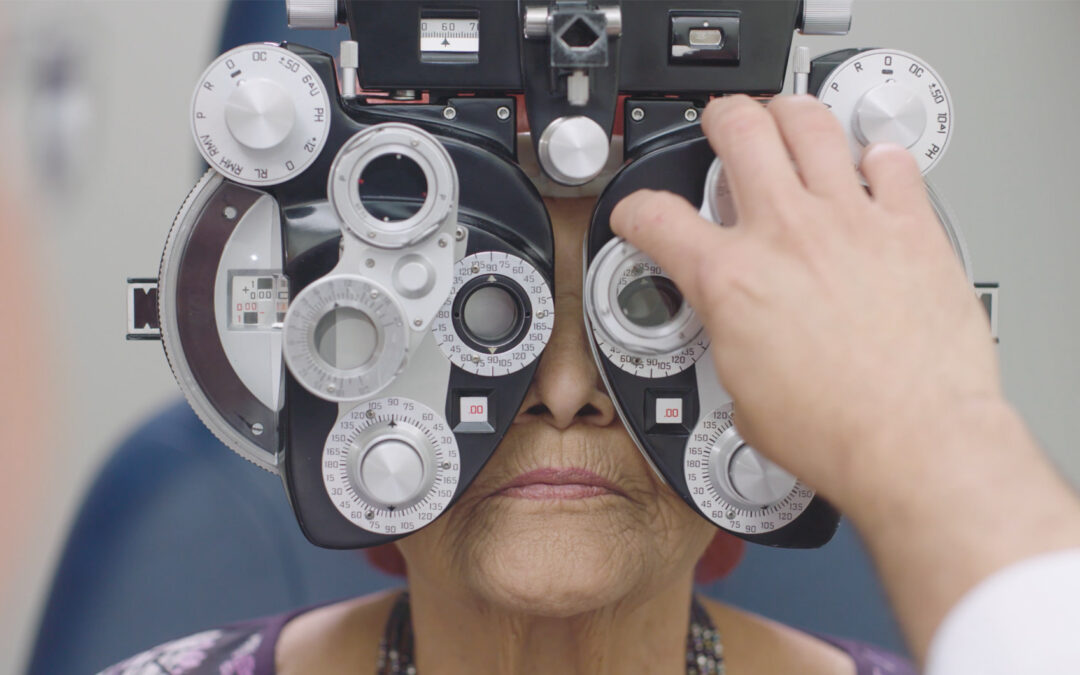There are many vision disorders that can significantly reduce a person’s quality of life, but some are more detrimental than others. Age-related macular degeneration (AMD) is one of them.
An Increasingly Common Issue
AMD is the leading cause of vision loss in older adults, affecting more than 10% of those over the age of 75. Its victims live with a large blurry or blind spot at the center of their field of vision, making basic everyday activities — reading, driving, navigating stairs — agonizingly difficult. While the center of the field of vision is most-affected, the peripheral vision is often surprisingly intact. The American Academy of Ophthalmology aptly describes it by imagining a clock with hands — with AMD, you would be able to see the numbers around the outside, but not the hands in the middle.
The prognosis for AMD isn’t encouraging. I recently told a crowd of more than 200 people during a free health lecture held in Boulder that, as of right now, there is no cure for AMD. As you can imagine, this wasn’t met with a lot of smiling faces. There is some hope, however. Early detection and timely treatment of AMD can help slow the progression of vision loss, which is why regular exams are very important.
What is AMD?
AMD is caused by the aging and deterioration of a small area of the retina, known as the “macula.” The macula controls your central vision and your ability to read, recognize colors, or see the fine details of straight-ahead objects.
There are two types of AMD: dry (atrophic) and wet (exudative/neovascular). You can learn more about Dry AMD (a more common and less serious version) here, and about Wet AMD (less common and more aggressive) here.
There are certain factors that can increase your chances of developing AMD:
- A diet high in saturated fat
- Obesity
- Smoking cigarettes
- Being over 50 years of age
- High blood pressure
- Heart disease
- Family history of AMD
If you wish to be screened or treated for AMD, please schedule an appointment with me, Justin Kanoff, MD, or any of our other highly-qualified retina specialists: William Benedict, MD, Matthew Manry, MD, or Elisha Tilton, MD at the Eye Care Center of Northern Colorado by calling 303-772-3300.
View Powerpoint slides from my lecture for the Boulder Community Health System’s Community Education series on “Advances in Treating Macular Degeneration.”

